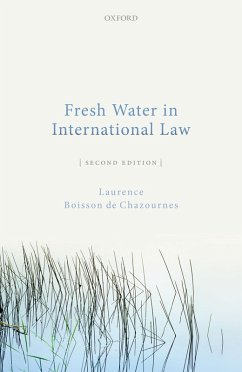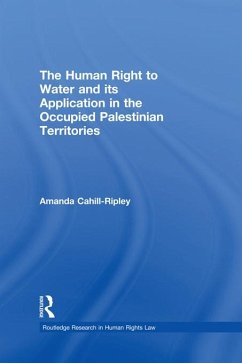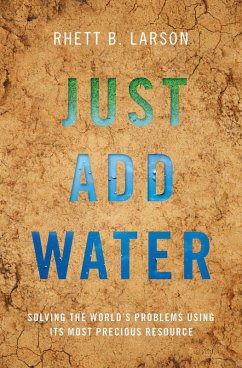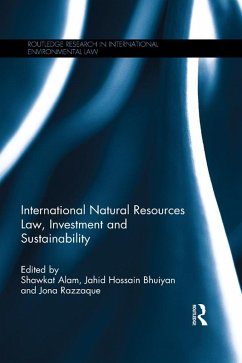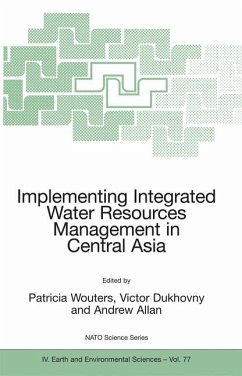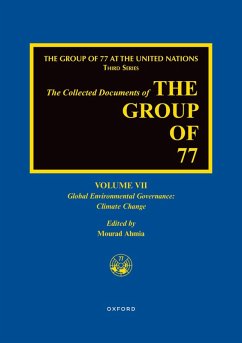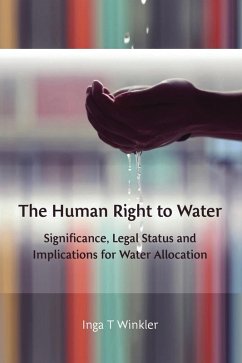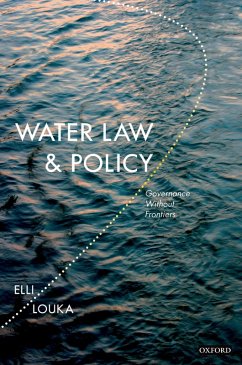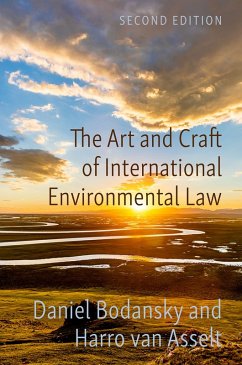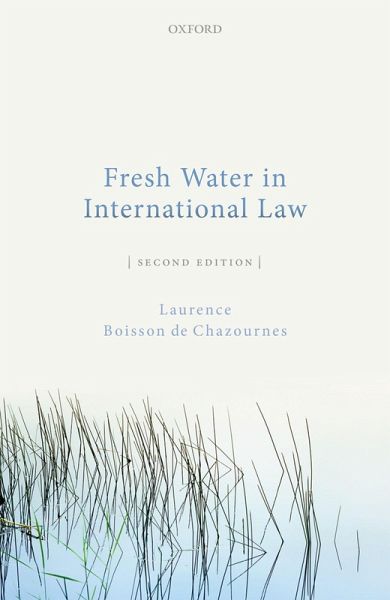
Fresh Water in International Law (eBook, PDF)
Versandkostenfrei!
Sofort per Download lieferbar
54,95 €
inkl. MwSt.
Weitere Ausgaben:

PAYBACK Punkte
27 °P sammeln!
This book addresses the diverse ways in which international law governs the uses, management, and protection of fresh water. The regulation of fresh water has primarily developed through the conclusion of treaties concerning international watercourses, yet a number of other legal regimes also apply to the governance of fresh water. In particular, there has been an increasing recognition of the importance of fresh water to environmental protection. The development of international human rights law and international humanitarian law has also proven crucial for ensuring the sound and equitable ma...
This book addresses the diverse ways in which international law governs the uses, management, and protection of fresh water. The regulation of fresh water has primarily developed through the conclusion of treaties concerning international watercourses, yet a number of other legal regimes also apply to the governance of fresh water. In particular, there has been an increasing recognition of the importance of fresh water to environmental protection. The development of international human rights law and international humanitarian law has also proven crucial for ensuring the sound and equitable management of this resource. In addition, the economic uses of fresh water feature prominently in the law applicable to watercourses, while water itself has become an important element of the trade and investment regimes. These bodies of rules and principles not only surface in an array of dispute settlement mechanisms, but also stimulate wider trends of institutionalization. Since the publication of the first edition of this volume in 2013, water has continued to be at the forefront of the international agenda, and the adoption of the UN Sustainable Development Goals constitutes a milestone around which various public and private initiatives have been launched. This book presents and appraises these important developments as part of its comprehensive analysis of the origin and scope of the various areas of international law as they apply to fresh water. It demonstrates how these areas connect and adapt to one another, forming an integrated body of international principles.
Dieser Download kann aus rechtlichen Gründen nur mit Rechnungsadresse in A, B, BG, CY, CZ, D, DK, EW, E, FIN, F, GR, HR, H, IRL, I, LT, L, LR, M, NL, PL, P, R, S, SLO, SK ausgeliefert werden.




